Sleep is essential for our bodies to rest and repair and it’s the only time our brain gets a chance to rest, regenerate, and clean up the memories and inputs from the day. During sleep, there are distinct stages of sleep that help the brain rest and recover, and other stages allow the muscles and […]
All Posts in Category: TMJ

TMJ and Scuba Diving
Over the years I’ve seen a few patients whose TMJ symptoms started while scuba diving. Some had been diving for a longer time, while other patients it occurred on their first open water dive. A recent article [1] surveyed divers regarding dental pain and reported barodontalgia (tooth ache from ambient pressure change) in 42% of […]
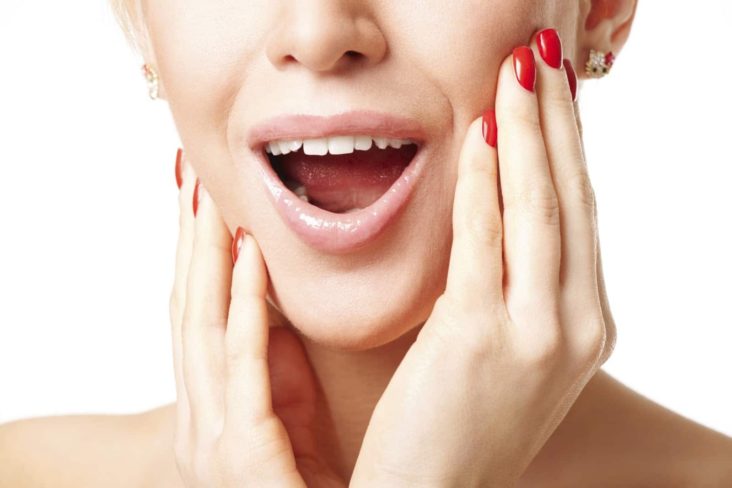
TMJ Treatment Overview
TMJ (Temporal Mandibular Joint) is a term that describes all problems in and around the TMJ. With TMJ disorders, there are problems in the joint itself (this is almost 100% of the primary problem) that cause muscles to cramp, spasm or hurt. It also shifts the alignment of the lower jaw (mandible) due to a shift […]
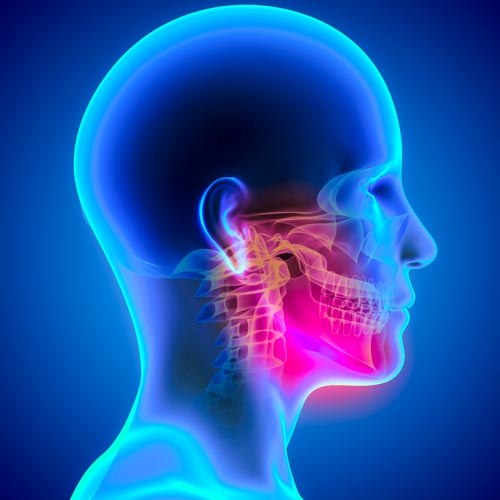
TMJ, Arthritis and Sleep Apnea
Statistics relating to the incidence of TMJ Disorders (TMJD) and Sleep Apnea are often quoted around 70%. In my specialty practice, I see above 50% of people presenting with TMJ problems also have undiagnosed sleep-breathing problems (Sleep Apnea, UARS, Fatigue). One of the many reasons these conditions are linked is the fact that an obstruction of […]

Panorex Radiographs
Many offices utilize panorex images to check for 3rd molars, abscesses, and as a general screening. There are advantages and disadvantages of panorex images compared to an FMX series. Panorex images allow a broad, general dental screening. With some training, they can also detect TMJ pathology, upper cervical spine problems (neck problems) and sinus pathology. […]
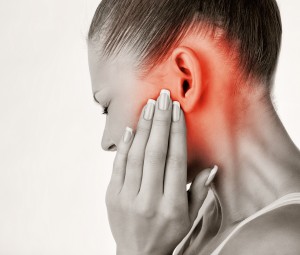
Otologic Symptoms and TMJ Problems
Symptoms in and around the ear are very common in patients with TMJ disorders. Tinnitus (ringing or buzzing in the ear), dizziness, earache, and vertigo are all common symptoms of a TMJ problem. If you suffer from any of these symptoms and your physician does not find a cause in the ears, it’s likely that […]
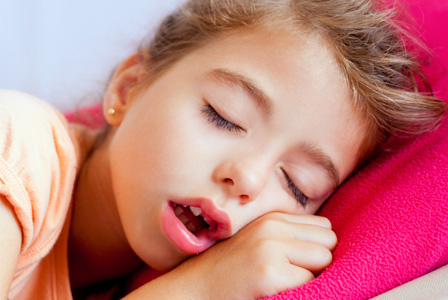
Identifying Sleep Disordered Breathing in Kids
Identifying sleep disorders in pediatric patients requires more observation than questions, as with adults. The #1 factor affecting sleep in kids is enlarged tonsils and adenoids. Decreased oxygenation because of the airway restriction upregulates the sympathetic nervous system (fights or flight part of our nervous system) and children react as if they are fidgety, distracted, ADD/ADHD-like behaviors, such […]

A Good Night’s Sleep
Walking through the airport I saw a cover of Consumer Reports regarding how to sleep better. It reviewed all types of mattresses, pillows, sleep positions, etc. suggesting that this is the primary cause of poor sleep. Not most likely. While discomfort in your neck, back, or hips can disturb your sleep, the PRIMARY cause of […]
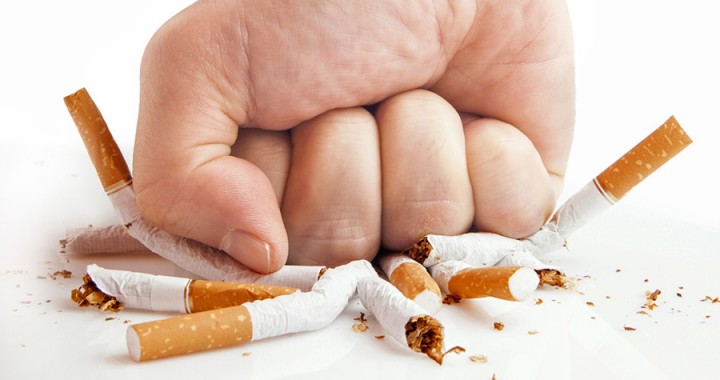
Smoking and Pain: The Untold Relationship
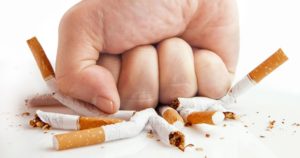 As a Diplomat in the American Academy of Integrative Pain Management, I receive their Pain Practitioner Journal. An article in the December 2016 publication discussed the growing relationship between back pain (orthopedic/joint problems) and smoking. Smoking is referenced to be the root cause of many musculoskeletal disorders because of its relationship to bone damage, the chemicals impair healing in bones and discs, and the chemicals in cigarette smoke sensitize the brain and nerves to pain. Unfortunately this “sensitivity to pain” from smoking takes a long time to go away after quitting smoking and, can be a permanent change in the nerves and brain towards muscle and joint pain.
As a Diplomat in the American Academy of Integrative Pain Management, I receive their Pain Practitioner Journal. An article in the December 2016 publication discussed the growing relationship between back pain (orthopedic/joint problems) and smoking. Smoking is referenced to be the root cause of many musculoskeletal disorders because of its relationship to bone damage, the chemicals impair healing in bones and discs, and the chemicals in cigarette smoke sensitize the brain and nerves to pain. Unfortunately this “sensitivity to pain” from smoking takes a long time to go away after quitting smoking and, can be a permanent change in the nerves and brain towards muscle and joint pain.
Early Intervention Needed to Treat TMJ Disorder
Early detection and intervention of TMJ Disorder is needed for the best outcomes. Many people that suffer from TMD have been told that their symptoms aren’t worthy of treatment, that treatment will not help or may even cause worse problems. The truth is there are treatments to rehabilitate the temporomandibular joint, address pain and prevent future damage.
TMD, or Temporomandibular Disorder, describes a variety of symptoms that occur when the jaw joint (temporomandibular joint), the muscles of the face and neck, or the cartilage inside the TMJ is damaged.




